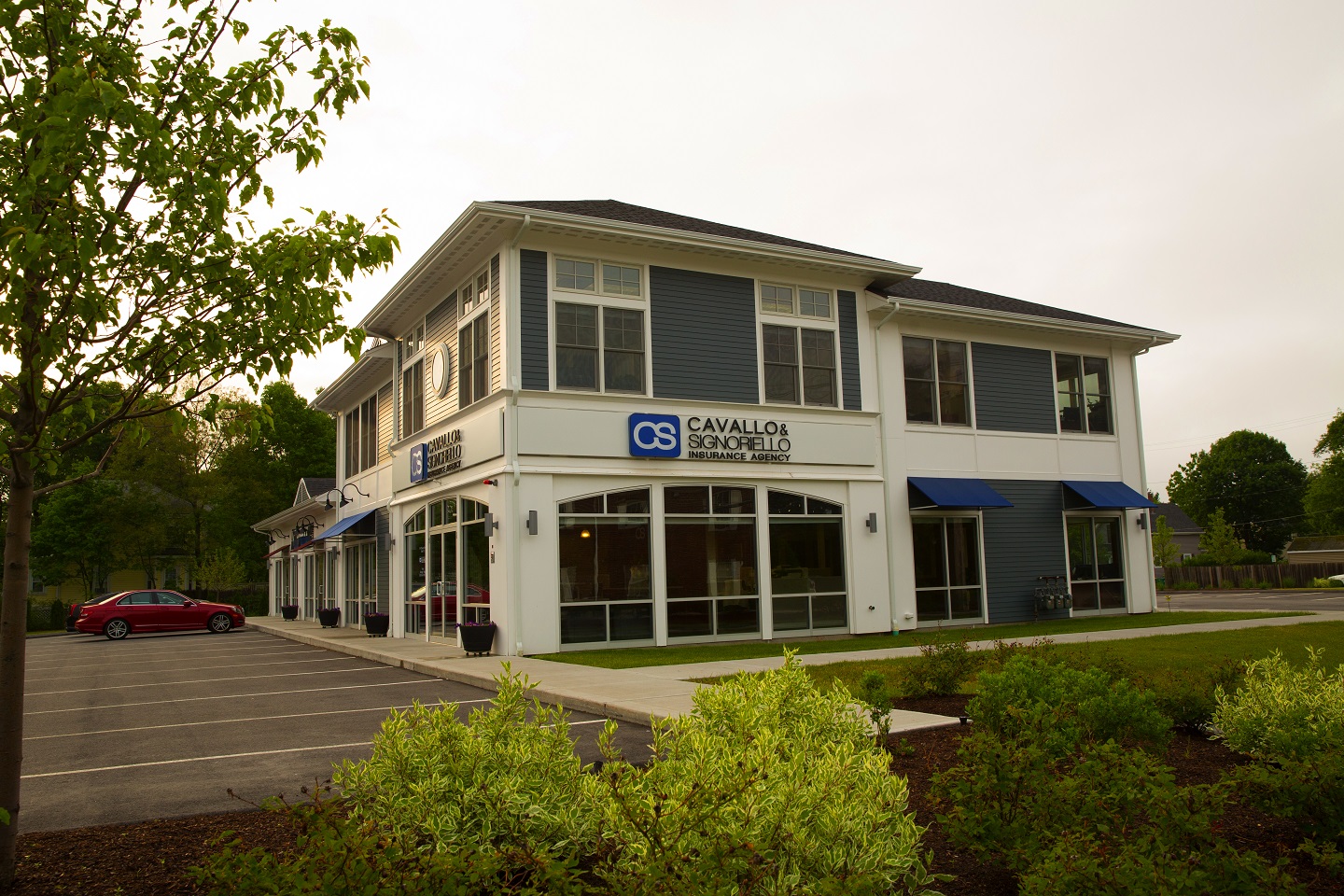FACT: 75 percent of businesses in the U.S.—including Massachusetts building and contracting firms—are significantly underinsured. Experts report that in the event of a disaster or a lawsuit, the coverage shortfall for these firms could be at least 40 percent. This is not our way of saying you should hurry out and buy more builders insurance. Rather, it’s just one indication of why working with the right partner is so important—especially as the market becomes more complex and competitive.
For dozens of Bay State contractors, we’ve proved ourselves to be not just capable, but essential partners. Our commercial insurance department supports a wide variety of contractors and builders—including both general contractors and artisan contractors with either a commercial or residential focus. Our clients’ coverage needs and risk profiles vary considerably, so we’ve built a team that can support large companies of 500+ employees, or smaller companies with just a handful of workers and vehicles.










